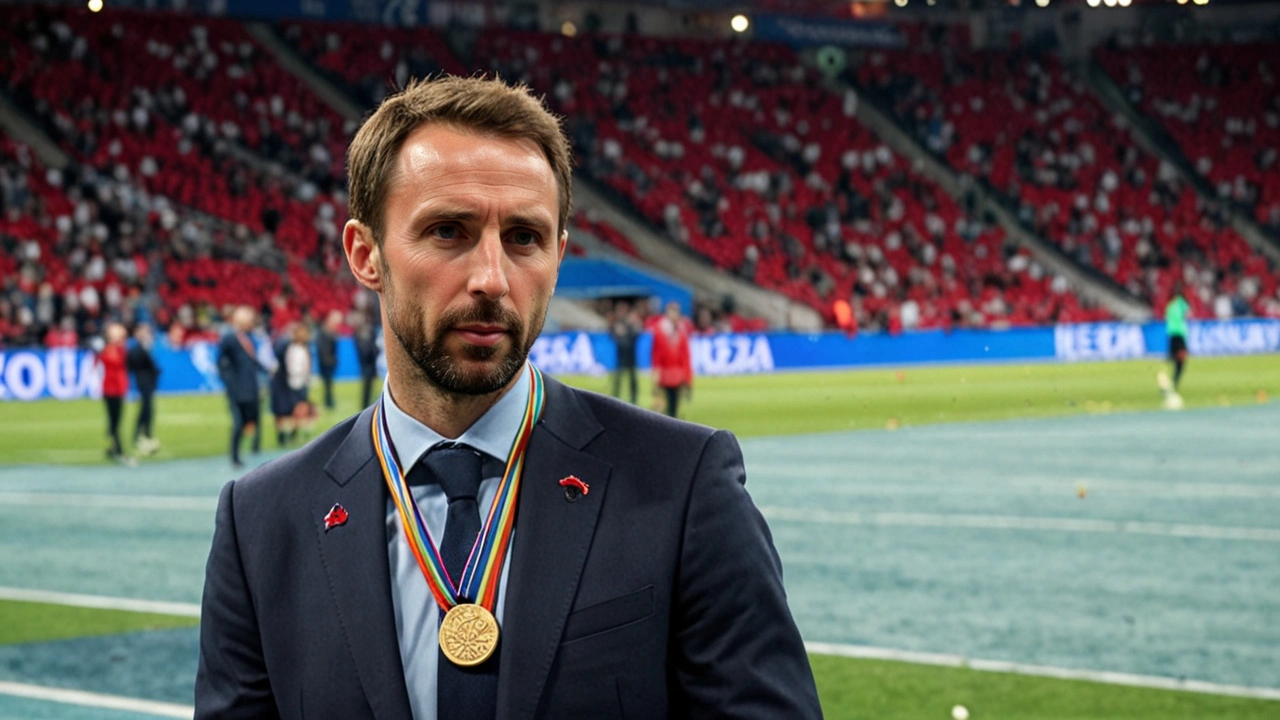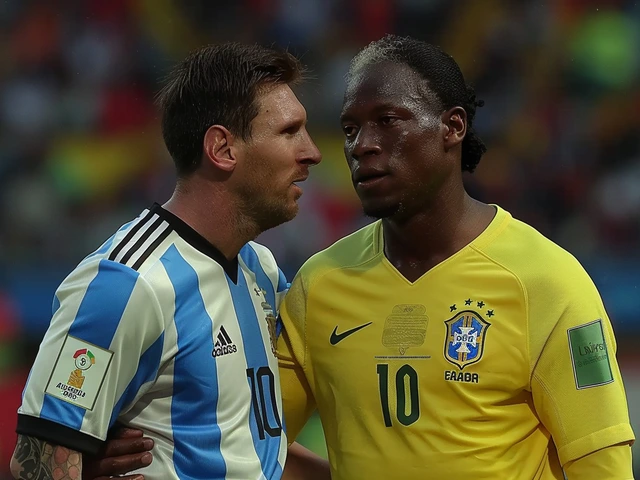England manager: what the job really means
Want to understand why the England manager headline grabs so much attention? The role is part coach, part politician, part brand ambassador. Every team selection, tactical tweak and press conference can shift public opinion overnight. If you follow the national team, knowing how the job works helps you read the news smarter.
Core duties you'll see in the headlines
The England manager picks the squad, sets tactics and runs training during international windows. They coordinate with the FA on schedules, medical staff and youth development. They also manage player relationships — convincing top stars to join camps, handling club conflicts, and keeping morale high. Off the pitch they represent the team in media, sponsor events and FA meetings.
Results matter most. Tournament progress — qualifiers, Euros, World Cup — sets the tone for job security. But the FA also looks at long-term plans: youth integration, playing style and squad depth. If a manager shows a clear plan for moving from youth to senior levels, that boosts their standing even if a single game goes wrong.
Pressure points and why managers get blamed
Why does the media turn on managers so fast? For one, England is a big market. TV ratings, betting money and sponsors all increase scrutiny. The manager becomes the easiest target when things go wrong because their decisions are visible: who starts, who sits, and what formation to use. Fans and pundits demand immediate answers for complex problems.
Another pressure is timelines. The FA often expects steady progress between major tournaments. A bad run before a big event creates headlines and boardroom talk. Managers also juggle club vs country friction — clubs may limit player minutes, and managers must protect fitness while still fielding their strongest XI.
Public expectations are specific. Fans want attacking football, strong defense and young talent getting chances. If those three boxes aren’t ticked, criticism piles up fast. That’s why modern England managers blend tactical clarity with a visible plan for youth development.
How do changes happen? The FA decides. They look at results, public mood and the manager’s plan. Sometimes a single tournament exit triggers a change. Other times the FA waits, weighing replacement options and contract costs. Transfer windows and club seasons also affect timing — the FA tries not to announce major shifts during chaotic club periods.
How to follow real news and avoid noise: watch official FA statements and press conferences first. Trust reputable outlets for analysis, and check direct quotes from managers and players. Social media can break news fast, but official channels confirm details. On Ginger Apple News, we tag all updates so you can follow developments under "England manager" without missing key announcements.
Curious about likely candidates or tactical trends? Look for coaches with strong youth records, clear tactical identities, and calm media handling. Modern national managers succeed by balancing results now with a plan for growth — and by keeping the squad united when criticism hits.
Gareth Southgate Steps Down as England Manager After Second Consecutive Euro Final Defeat
By Sfiso Masuku On 17 Jul, 2024 Comments (12)

Gareth Southgate has announced his resignation as England's manager following a 2-1 defeat to Spain in the Euro final. This is the second consecutive European Championship final loss for England, who were previously beaten by Italy three years ago. Southgate expressed his pride in leading the team but believes it's time for a new chapter. The Football Association has started the process to find his successor.
View More




